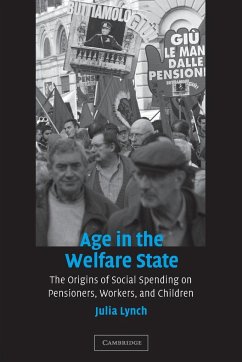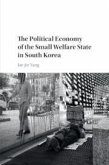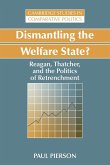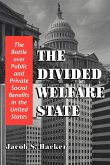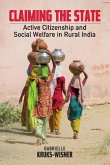This book asks why some countries devote the lion's share of their social policy resources to the elderly, while others have a more balanced repertoire of social spending. Far from being the outcome of demands for welfare spending by powerful age-based groups in society, the 'age' of welfare is an unintended consequence of the way that social programs are set up. The way that politicians use welfare state spending to compete for votes, along either programmatic or particularistic lines, locks these early institutional choices into place. So while society is changing - aging, divorcing, moving in and out of the labor force over the life course in new ways - social policies do not evolve to catch up. The result, in occupational welfare states like Italy, the United States, and Japan, is social spending that favors the elderly and leaves working-aged adults and children largely to fend for themselves.
Hinweis: Dieser Artikel kann nur an eine deutsche Lieferadresse ausgeliefert werden.
Hinweis: Dieser Artikel kann nur an eine deutsche Lieferadresse ausgeliefert werden.

